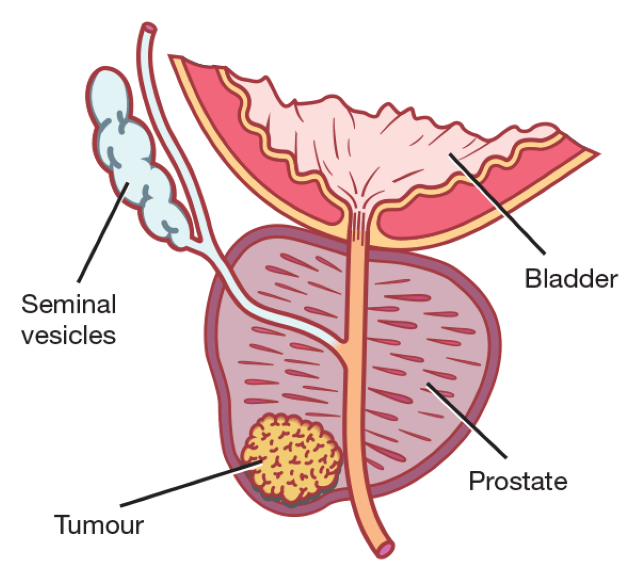After skin cancer, prostate cancer is the most common type of cancer affecting men – and it is a potentially aggressive and life-threatening disease that begins when cancerous cells form in the prostate—a small gland in the male reproductive system located just below the bladder.
Prostate cancer is most commonly diagnosed in older men, with risk increasing significantly after the age of 50.
While factors such as age, genetics, and lifestyle contribute to its development, diet also plays a crucial role in maintaining prostate health. Certain foods have been linked to an increased risk of prostate cancer.
Here are five foods men over 50 should avoid to reduce the risk of prostate cancer.
- Red and Processed Meats
Red meats like beef, pork, and lamb—along with processed options such as sausages, hot dogs, bacon, and deli meats—have been linked to a higher risk of prostate cancer. When cooked at high temperatures, these meats produce harmful compounds known as heterocyclic amines (HCAs), which can damage cells and potentially lead to cancer. If you choose to eat red meat, limit it to once or twice a month and avoid deep frying or high-heat cooking methods.
- High-Fat Dairy Product
Whole milk, full-fat cheese, butter, cream, and similar dairy items are high in saturated fats and hormones, both of which have been associated with an increased risk of aggressive prostate cancer. Switching to low-fat or fat-free dairy can help reduce this risk. Non-dairy alternatives such as almond, soy, oat, or flax milk offer healthier options.
- Saturated and Trans Fats
Foods high in saturated and trans fats—like processed meats, packaged snacks, fried foods, and baked goods—can promote inflammation and may fuel cancer cell growth. Replace these unhealthy fats with nutritious options such as olive oil, avocado, nuts, seeds, and omega-3-rich fish like salmon. You can also use small amounts of homemade ghee for cooking, but moderation is key. Avoid junk and processed foods, keeping them as rare treats.
- Sugar
Sugar offers no nutritional value and contributes to obesity, a known risk factor for prostate cancer. Sugary drinks, candies, pastries, and sweets can cause blood sugar spikes, weight gain, and hormonal imbalances that may support cancer growth. Minimise your intake of added sugars, opt for whole fruits over juices, and focus on fibre-rich whole grains to stabilise blood sugar levels.
- Alcohol
Excessive alcohol consumption weakens the immune system and increases the risk of various cancers, including prostate cancer. It can also disrupt hormone balance and promote inflammation. While doctors suggest no level of alcohol is truly safe, moderation is critical. If you choose to drink, stay within recommended limits—and consider reducing or eliminating alcohol altogether for better prostate health.
Credit: thenationonlineng.net











































































